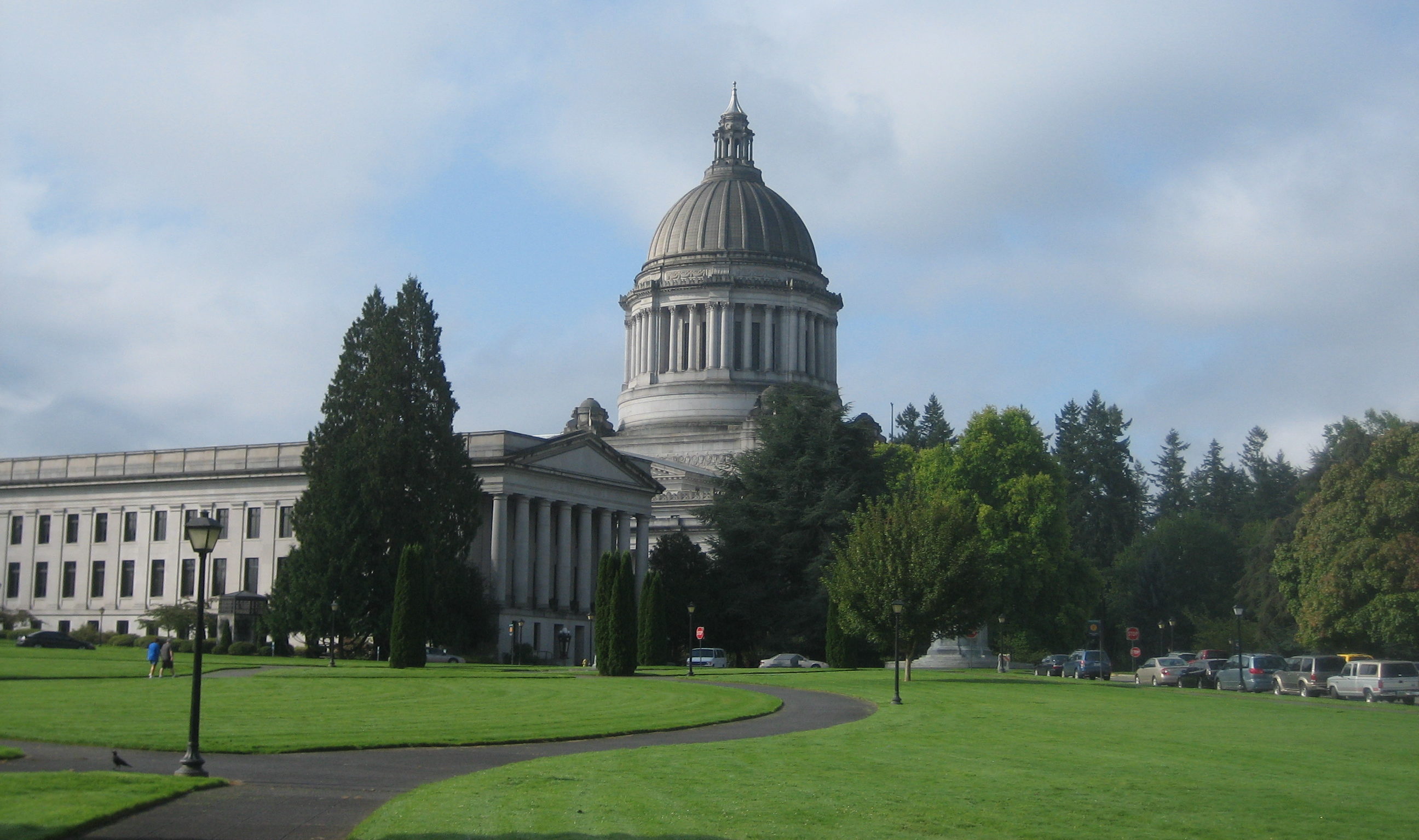
But $26B package proposal from House Democrats gets things rolling.
Highlights from last week:
During the first week of session, legislators, staff, lobbyists and the public got the first taste of an all-online process. As anticipated, it became evident that this year’s session will take a slower pace. From bandwidth issues to the now familiar peculiarities of doing group work via videoconference, the slow-downs will significantly limit the number of bills that can be heard this year. Bill introductions are also down, with less than two dozen transportation bills introduced thus far — including budget bills!
Additionally, there were hiccups getting people signed up for testimony. And while during a regular, in-person session, it is possible to see who has signed in support or opposed to bills (and who is physically present in the room) that capability is not yet available. We are advocating for the legislature to release this information to the public as it is important for transparency, and to understand what stakeholders are working on various issues.
Despite these challenges, Transportation committees from both chambers convened for the first time. Secretary of Transportation Roger Millar emphasized the need to invest in safety, multimodal options, preservation of the current system, and system resiliency in his “State of Transportation” address, setting the agency’s framing for what Washington needs from its next transportation package.
The House Environment and Energy Committee heard legislation to institute a clean fuel standard this past week. It was a “packed” hearing that stretched two days and the committee still wasn’t able to get to everyone. This is one instance in which we see how a remote session can slow down the pace as it takes longer for people to get “called up” to testify. Otherwise it was a strong showing in support of the legislation with the hopes of moving the bill in the next couple of weeks.
Coming up
Budget
The House Transportation Committee will hold a hearing on Governor Inslee’s 2021-2021 transportation budget proposal. Highlights from his budget include:
- $5 million increase for regional mobility transit grant programs
- $15 million for transit decarbonization and transition planning
- $20 million for active transportation
- $400 million reallocated for maintenance and preservation
In addition to these positives, his budget attempts to address a big shortfall due to the economic impacts of COVID. The shortfall is due to the decline of fuel tax revenue and the Governor has paused many of the Connecting Washington highway projects that aren’t safety or preservation/maintenance focused to give the legislature the ability to work on how to address the funding gap. We believe this could be a good time to use the transportation policy goals to set priority projects that meet those goals and will be advocating they look at the work WSDOT did over the interim reviewing how performance and metric based budgeting could work.
In addition, we will advocate to continue using fuel tax revenue to fund fuel tax-eligible projects and programs, such as the ferry program. We will also be raising the issue of state support for baseline transit operations. Due to the pandemic, the essential nature of transit and the workers that rely on it has been underscored. TCC strongly believes that, just like working roads and safe bridges, baseline transit service should be a fundamental part of our state’s transportation portfolio.
Transportation Package
On Tuesday, House Transportation Committee Chair Jake Fey released his proposal for a new transportation revenue and investment package. As Rep. Fey stated, the $26 billion package would be the “most substantial in state history” due to today’s unprecedented need. The proposal includes many elements of our Clean and Just agenda, including a carbon fee; major investments in transit, walking, and biking; as well as full funding for fish culverts paid for by a fuel tax increase. This package was shaped with the input of Washingtonians that Rep. Fey and his committee heard during more than 90 listening sessions during the interim session.
Senate Transportation Committee Chair Steve Hobbs plans to release his proposal the following week that could look similar to his previous Forward Washington proposal. We also anticipate a Republican package from Senator Curtis King in the coming weeks that focuses heavily on preservation and not new revenue.
TCC, and our partners in the Climate Alliance will be looking for elements from our Clean and Just Transportation platform. As recently highlighted in the Seattle Times, transportation continues to be one of the greatest contributors to emissions in Washington. However it’s also an area where we have the ability to change course. If we can begin raising revenue and investing for a Clean and Just Transportation system, we will see measurable improvements in areas such as public health, access to opportunity and environmental justice.
For a snapshot of all the legislation we’re tracking, check out our 2021 Bill Tracker.




